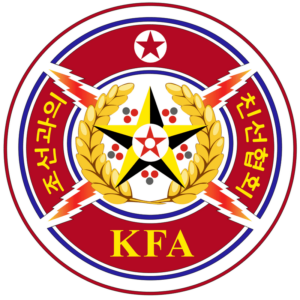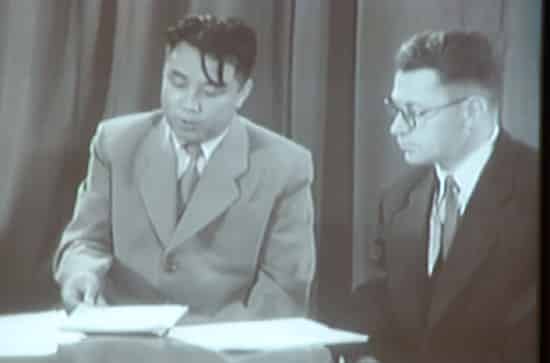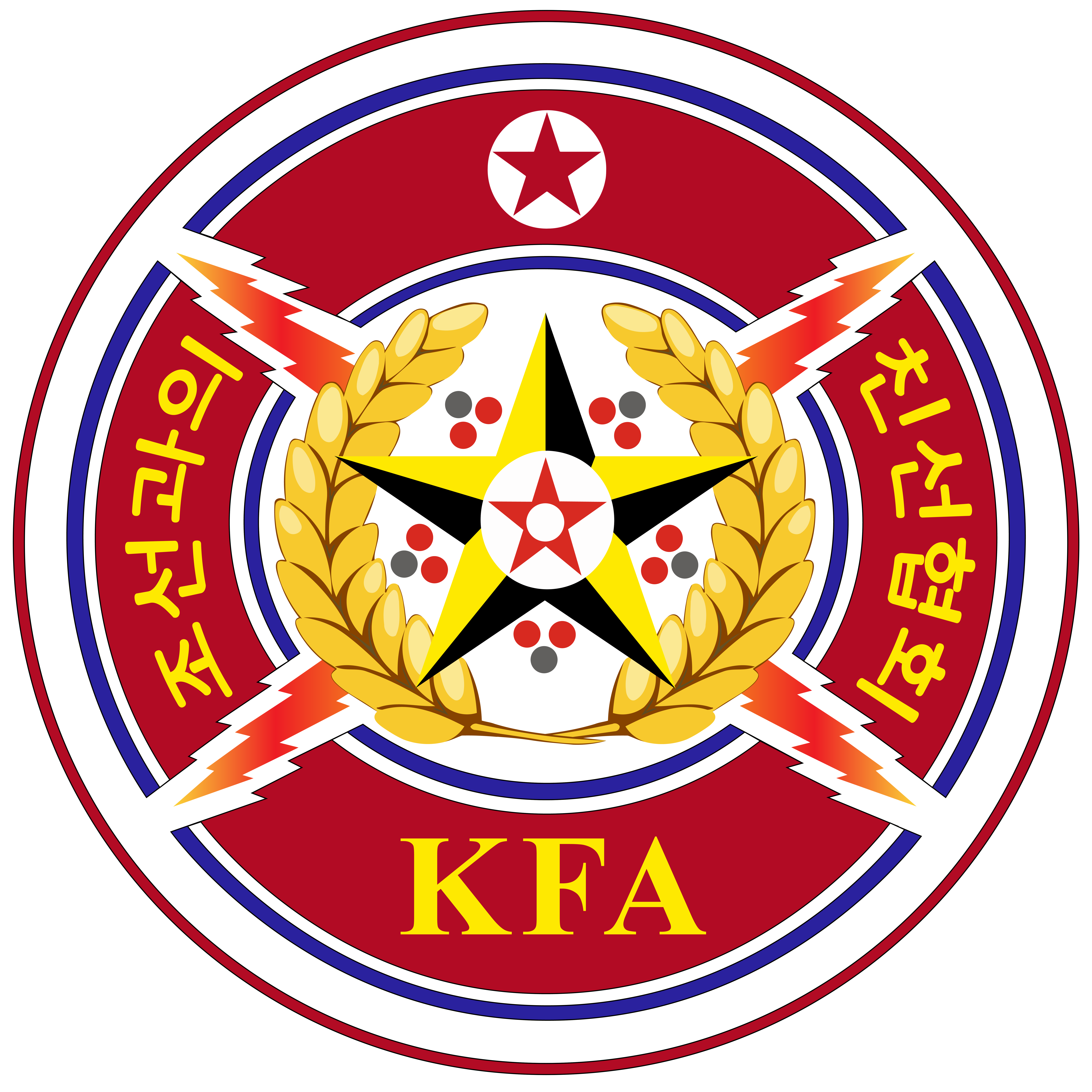Kim Il Sung, News
The 65th Founding Annivesary of the DPRK

Korea was seething with the joy of liberation. President Kim II Sung returned triumphantly home to an enthusiastic welcome from the people. He advanced three major tasks for the building of a party, state and armed forces in the liberated country and specific ways and means to realize them.
On October 10, Juche 34 (1945), in Pyongyang, the Central Organizing Committee of the Communist Party of North Korea was formed. In August Juche 35 (1946), the Communist Party merged with the New Democratic Party to form the Workers’ Party of North Korea and in June Juche 38 (1949), the Workers’ Parties of North and South Korea merged to develop into the Workers’ Party of Korea. Now that they had the WPK, the entire Korean people came to have a guiding force which would step up considerably the struggle to build a new nation.
After liberation, people’s committees were organized all over the country. On this basis, the Provisional People’s Committee of North Korea (PPCNK), a new type of government, was established on February 8, Juche 35 (1946). The entire Korean people elected Comrade Kim Il Sung, the peerless patriot and national hero, Chairman of the PPCNK.
On having solved the problem of power, the Korean people began to carry out democratic reforms. So a number of democratic reforms were enforced. They were the laws on agrarian reform, on nationalization of industries, transport, communications, banks and so on, on labour, and on sex equality. At the same time various steps were taken for the democratization of judicial, educational and cultural affairs.
On February 8, Juche 37 (1948), the Korean People’s Revolutionary Army, founded on April 25, Juche 21 (1932) in the flames of the anti-Japanese revolutionary struggle, developed into the Korean People’s Army, a regular army.
Within a short space of time after liberation, under the leadership of President Kim II Sung, the tasks of anti-imperialist, anti-feudal democratic revolution were carried out triumphantly in north Korea. However, the Korean people’s endeavour to build a unified democratic independent country was confronted with a grave difficulty.
The US authorities rejected the Korean people’s fair demand for the simultaneous withdrawal of the Soviet and US armed forces from Korea and for the settlement of the Korean issue by the Koreans themselves. Without warrant they brought the Korean issue before the United Nations. They rigged up the “UN Commission on Korea”. In May Juche 37 (1948), they held a separate “election” in south Korea under the supervision of the commission to manufacture the puppet government headed by Syngman Rhee. With this, the crisis of national division deepened.
In this grave situation President Kim II Sung called the Joint Conference of Representatives of Political Parties and Public Organizations in North and South Korea in April Juche 37 (1948) and in June that year the Conference of Leaders of Political Parties and Public Organizations in North and South Korea and advanced the policy of founding a unified country in the Korean peninsula without delay. This was to surmount the danger of national division and achieve the country’s independence.
On August 25, Juche 37 (1948), the election of deputies to the Supreme People’s Assembly was held in all parts of north and south Korea. The whole nation responded with excitement and enthusiasm. In north Korea 99.97 per cent of voters took part in the election. In south Korea 77.52 per cent of the electorate participated in the teeth of harsh reactionary repression. As a result. 572 candidates from all walks of life from the north and south of Korea were elected. Following the eminent success of the historic north-south general election, the First Session of the Supreme People’s Assembly was held in Pyongyang in September Juche 37 (1948) and on September 9, the foundation of the Democratic People’s Republic of Korea, which represented the will of the entire Korean people, was declared to the whole world.
Comrade Kim II Sung, the national hero of the Korean people, was elected Premier of the Cabinet and the Head of State of the DPRK.


